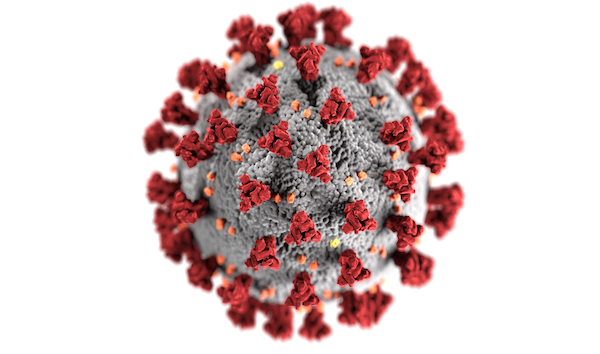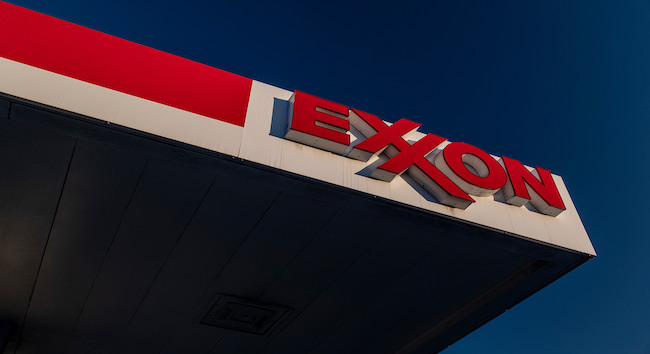
(NEW YORK) — As the COVID-19 pandemic has swept the globe, more than 5.3 million people have died from the disease worldwide, including over 812,000 Americans, according to real-time data compiled by Johns Hopkins University’s Center for Systems Science and Engineering.
About 61.7% of the population in the United States is fully vaccinated against COVID-19, according to data from the Centers for Disease Control and Prevention.
Here’s how the news is developing. All times Eastern.
Dec 23, 11:47 am
Nearly 30,000 Americans have died of COVID since Thanksgiving
An ABC News analysis of federal data finds that nearly 30,000 Americans have died of COVID-19 since Thanksgiving as the omicron variant spreads across the country.
The U.S. is currently averaging more than 1,200 deaths per day, an increase of 23.3% in the last month with death rates up across almost all age groups.
Nationwide, about 161,000 new COVID cases are being reported every day, up nearly 75% in the last month.
This marks the highest daily case average since Labor Day, and means the U.S. will likely surpass the daily peaks seen during the delta-fueled wave over the summer.
Fourteen states, including New York, New Jersey, Illinois and Wisconsin, are reporting their highest daily case numbers in about a year.
ABC News’ Arielle Mitropoulos
Dec 23, 10:41 am
AstraZeneca monoclonal antibody works against omicron, studies show
New studies are offering additional reassurance that AstraZeneca’s monoclonal antibody drug works against omicron.
The company’s EVUSHELD retains neutralization activity against omicron, according to “live” virus neutralization data from both University College Oxford and Washington University School of Medicine.
AstraZeneca announced last week that its antibody drug would likely retain protection against omicron. These studies add to that growing evidence.
AstraZeneca’s monoclonal antibody was authorized on Dec. 8, but for a narrow group of people. It is authorized as a way to prevent COVID-19 among people who are immune compromised, or people who are allergic to vaccine components. It is not authorized as a way to treat COVID-19 among people who have already tested positive.
There are three monoclonal antibody treatments currently authorized to treat people who already have COVID-19. Two of those treatments — those made by Eli Lilly and Regeneron — appear to have very little activity against omicron. A third treatment, made by Vir and GlaxoSmithKline, appears to work against omicron but is currently in short supply. The companies are working to scale up production.
ABC News’ Sony Salzman
Dec 23, 10:39 am
Cruise ship can’t enter Curacao or Aruba after 55 people test positive for COVID
A Royal Caribbean ship has been blocked from entering Curacao and Aruba after 55 crew members and guests tested positive for COVID-19.
The ship, named Odyssey of the Sea, set sail from Florida on Dec. 18 and had planned to visit the Caribbean for eight nights.
According to the cruise line, 95% of all people onboard were fully vaccinated. The crew and guests who tested positive were all “fully vaccinated and mildly symptomatic or asymptomatic.”
Close contacts of the positive patients have been placed in quarantine and will be monitored for 24 hours prior to testing.
The ship will remain at sea and is scheduled to return to Florida on Dec. 26.
ABC News’ Mina Kaji
Dec 23, 9:56 am
FDA authorizes Merck pill for some
The Food and Drug Administration authorized Merck’s COVID-19 pill Thursday for certain patients.
The authorization is specifically for adults who are at high-risk for severe illness and don’t have access to other FDA-authorized treatments.
This is the second COVID-19 therapy available in pill form after Pfizer’s pill was authorized in patients aged 12 and older on Wednesday.
Children and teenagers are not eligible for Merck’s pill due to fears that the medication could negatively impact bone and cartilage growth.
COVID-19 patients seeking the pills must obtain a doctor’s prescription first.
ABC News’ Sony Salzman
Dec 23, 5:44 am
Rep. Jan Schakowsky tests positive for COVID
Rep. Jan Schakowsky, D-Ill., has tested positive for COVID-19.
Schakowsky said her husband, Bob, had tested positive last week. After several negative tests, the lawmaker also tested positive on Tuesday night, she said on Twitter.
Both Schakowskys were vaccinated and received boosters. They’re now quarantining, she said.
“We got tested when we felt something was off, and now we can prevent exposure to our family and loved ones,” Schakowsky said. “I implore you to do the same before holiday gatherings this week and next. Get tested if you feel sick or have been around someone who tests positive.”
ABC News’s Ben Siegel
Copyright © 2021, ABC Audio. All rights reserved.








